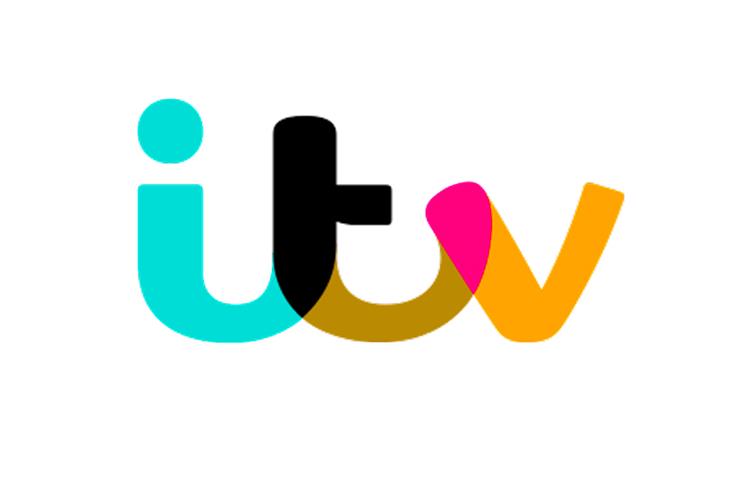
ITV’s first fall in annual advertising revenues since the 2009 recession has prompted doom-mongers to wonder if this marks the start of a structural decline in TV viewing.
At its annual results, Britain’s biggest commercial broadcaster blamed economic uncertainty for the 3% drop in net ad revenue to £1.67bn in 2016, and it forecasts a 6% fall for the first four months of 2017. Despite this, chief executive Adam Crozier maintains that its ad revenues will outperform the TV ad market.
Some observers believe the rise of Netflix, YouTube, Facebook Live and other on-demand viewing threatens linear TV. "It’s clear that online TV has transformed the way broadcasters approach advertising and creative development processes; YouTube launching its own TV streaming service is a clear move that is challenging traditional TV," Mick Entwisle, chief executive of online marketplace Genero, says. But ITV insisted in its results: "TV remains the most efficient and effective advertising medium for ad-vertisers to achieve mass simultaneous reach and, as viewing and advertising become more fragmented, the scale of advertising that TV, and particularly ITV, delivers becomes increasingly valuable."
Media buyers broadly agree with that view. "I am not surprised by a slight downturn in TV advertising revenue given record levels of investment in the medium since 2009, plus it is an odd-numbered year and thus there is a lack of major sporting events," Chris Allen, head of video at Havas Media Group, says.
Recent Thinkbox and Nielsen data showed that 837 brands either started advertising on British TV or returned after a hiatus of at least five years in 2016.
Online businesses such as Amazon, Facebook and Google became the single biggest category of spender on TV last year – further vindication of the medium.
Ian Whittaker, an analyst at Liberum Capital, thinks there may even be a flight to trusted traditional media following The Times’ revelation that some big brands’ ads had appeared before jihadist videos on YouTube. "Advertisers recognise the reach and effectiveness of TV and there are increasing doubts on online," he says.
Paul Richards, director of media research at Numis Securities, also believes the recent downturn does not signal a structural decline. "Rather, key advertising categories including retail, food and supermarkets are currently holding fire" because of the post-Brexit uncertainty, he says.
The challenge for traditional broadcasters is to build their ad-targeting capabilities in addressable TV, when Google and Facebook have greater online reach.

